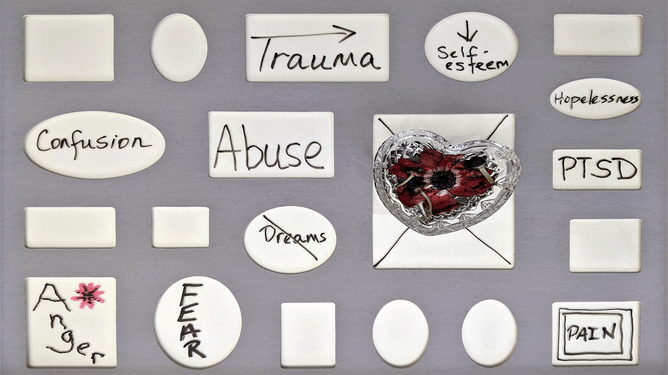“Anyone in the helping professions is at risk of compassion fatigue, physical and emotional exhaustion, and a reduced ability to empathise. I found a shocking lack of awareness at senior management level about vicarious trauma and its impact upon staff well-being”
Anon The Guardian 2015 "The cost of caring."
It’s not only service users who experience emotional distress which can lead to feelings of helplessness and frustration but also the staff supporting them. Psychologically Informed Environments consider the needs of both. First published on the Homeless Link website in 2017.
“Mummy. Why is that man sleeping on the pavement?” I’ve often wondered what she replied to her 6-year-old son as they walked across Vauxhall Bridge. A broken system? Alcohol? Look the other way…Research “Going further back: Earlier action on multiple needs to prevent homelessness” published last month, illustrates once again the role of psychological trauma in homelessness and states. “Peoples motivation and ability to engage with services are heavily impacted by experiences of trauma in childhood and beyond.”
The prevalence of trauma is alarming. 85% of those in touch with criminal justice, substance misuse and homelessness services experienced some form of traumatic event in childhood. Trauma shapes an individual’s view of the world. It can leave them unable to trust others or manage their emotions, and as a result, develop harmful coping techniques. The human cost is devastating.
Psychologically Informed Environments (PIE) offer a practical framework for working with individuals who have experienced complex trauma. A service which intentionally considers “…the thinking, emotions, personalities and experience of its participants,” in its delivery and design can be described as a PIE.
Building compassionate, trusting, relationships and using tools and insights from psychological disciplines, are two essential ingredients. Understanding the impact of trauma is fundamental to becoming a PIE, as this helps explain the emotions and behaviours we can find challenging, gain a deeper insight into our personal attitudes and beliefs, and it reaffirms our faith in the ability for change.
Unfortunately, it’s not only clients and service users who experience emotional distress, which can lead to negative behaviours and physical complaints. It is becoming increasingly recognised that staff working in the sector can lose motivation and feel undervalued. PIE suggests organisations will benefit from acknowledging, appreciating and responding to the psychological needs of their staff as well as their customers.
St Basils works with its teams to build emotional resilience which reduces anxiety, frustration and sense of hopelessness around challenging situations. This is increasingly important as the wider sector, and statutory services face austerity measures and it can seem as if everything is a constant battle.
Training staff to feel competent and confident in delivering an approach, which uses a deeper understanding of human behaviour is a crucial part of PIE and is not as daunting as it sounds. I am a passionate believer in PIE and continue to learn as I deliver training and develop tools, which support implementation.
We should not have to explain to young children why people are sleeping on our streets - we should be responding differently.


